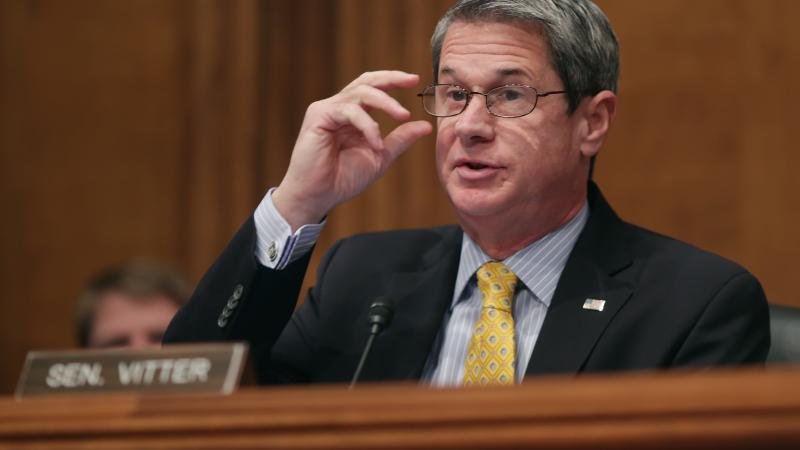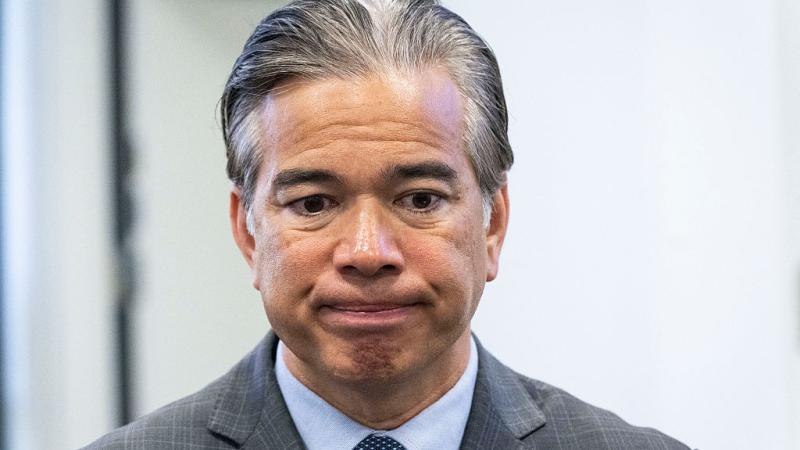Canadian public broadcasting lists words to avoid: 'Spooky,' 'grandfathered in,' ‘brainstorm’
Words such as "black sheep" and "lame" can be offensive, according to the CBC.
The Canadian Broadcasting Corporation (CBC) published a list of words and phrases to "think twice about using," which includes "blackmail," "inner city," "blind-spot" and "tribe."
Words were submitted by readers and minority CBC journalists, and the list was published Sunday by CBC Ottowa. The CBC is funded in part by the Canadian government.
"The fact that you said it, oblivious to the etymology, doesn't automatically make you a bad person," University of Toronto Mississauga Linguist Professor Ai Tanguchi said.
She explains that once someone finds out that the word has a history of racism, sexism or ableism, what a person does from there is more important. "'I didn't know it was racist' does not eliminate the pain of the hearer," she said. "We have the social responsibility to monitor the impact our utterances have on others."
Jas Kalra, described by CBC as an "anti-racism trainer," explains that words like 'whitelist' and 'blacklist' are offensive because they connotate white with good and black with bad. Other words to avoid in this category include "blackmail" and "black sheep."
"Ghetto" and "inner city" should also be avoided per the CBC, because they imply "a negative connotation toward people of a certain socio-economic class (often associated with racialized groups)."
"Spook" and "spooky" are on the CBC's list as well because they were reportedly used as anti-black slurs during World War II.
"Grandfathered in" is offensive according to the CBC because it dates to a law indirectly preventing black Americans in the 1800's from voting by creating a "grandfather clause," which based voter eligibility on ancestry.
"Anti-racism trainer and educator" Joseph Smith said "grandfathered in" also connotates the patriarchy. "It's re-inscribing the idea of a male-dominated society or world," he said.
Taniguchi also had strong feelings about the word. "At a meeting, let's say you said 'grandfathered in' — you had no idea that it has racist roots. If a Black person asks you not to use that term, then don't," Taniguchi said.
Words relating to Native Americans also "can be a painful insult to Indigenous communities," Taniguchi said, the CBC reports. These words include "spirit animal," "tribe," "powwow," "lowest on the totem pole," and "savage."
The CBC also reports that words related to ableism should be avoided, like "blindsided," "lame," "tone deaf," "crippled," and "brainstorm," the latter of which because some feel it can be insensitive to people with brain injuries.
Canada's Prime Minister Justin Trudeau made news in October, when he attempted to use more inclusive language by writing "2SLGBTQQIA+" in a tweet instead of the more widely accepted LGBT.
















